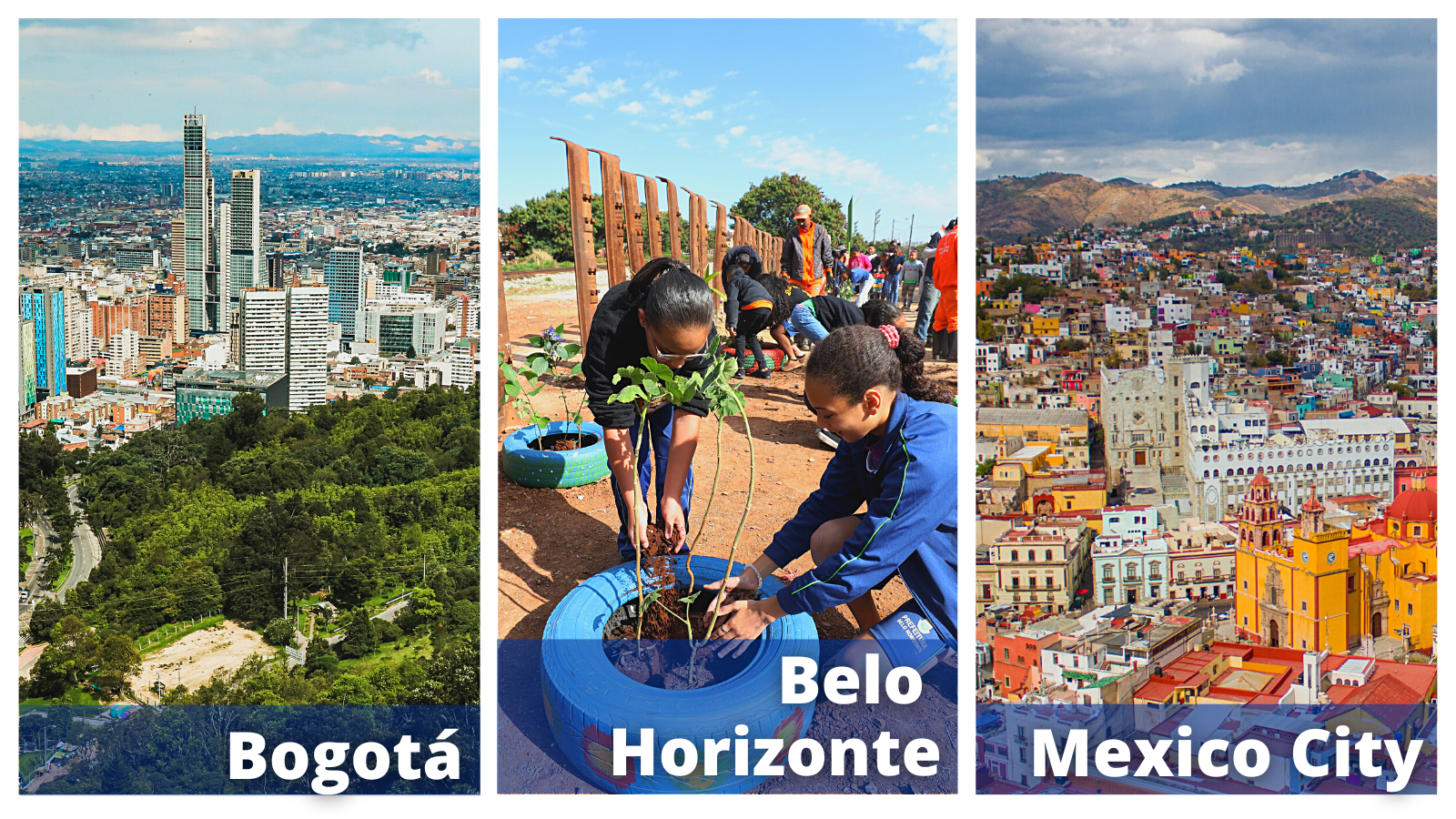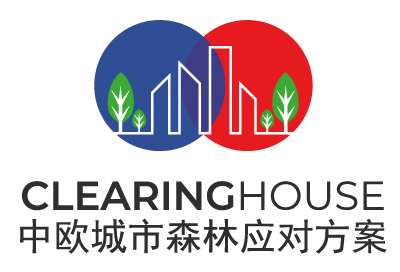
What do Belo Horizonte, Bogotá and Mexico City have in common, apart from being vibrant metropolises to live in?
They have been selected in the first call of the CLEARING HOUSE knowledge exchange mechanism. The global objective of the CLEARING HOUSE knowledge exchange mechanism is to promote capacity development and exchange of knowledge and practices on urban forests as nature-based solutions (UF-NBS), based on peer-to-peer exchanges and scientific support regarding UF-NBS challenges.
The jury, formed by representatives of the European Forest Institute (EFI), the International Union for the Conservation of Nature (IUCN) and the World Association of Major Metropolises (Metropolis), have picked those 3 local authorities’ proposals among several proposals from Europe, Latin America and Asia.
Throughout the selection process the cities showcased some of their policies, programs, and projects to enhance the implementation of UF-NBS ecosystems and promote collaboration with diverse stakeholders. Questions regarding their existing tree-based green infrastructure, the main social and climate challenges addressed through implementation of UF-NBS were asked.
Bogotá has been selected for the Task Force exchange mechanism. The Task Force will offer the opportunity to the city to receive scientific support from the CLEARING HOUSE experts partners regarding some of its UF-NBS challenges. This support will eventually include a review of Bogotá challenges in regards to further implementation of UF-NBS solutions, research for gaining more in-depth insight on the challenges faced by Bogotá, and an action plan for implementing the suggested solutions.
Belo Horizonte and Mexico City will be paired in the City Tandem exchange mechanism. The global objective of the City Tandem is to promote capacity development and exchange of knowledge and practices on urban forests as nature-based solutions (UF-NBS), based on peer-to-peer exchanges. The preparatory meetings between the cities will help to define the topics that will be the focus of the exchanges. Both cities declared to be particularly interested in topics such as heat-wave mitigation, air quality improvement, green infrastructures and social-cultural exchanges.
More information will be released on those knowledge exchange mechanism activities soon, and a second call will be published in the upcoming months, focused on capacity development and exchange of knowledge and practices between European and Chinese cities.
